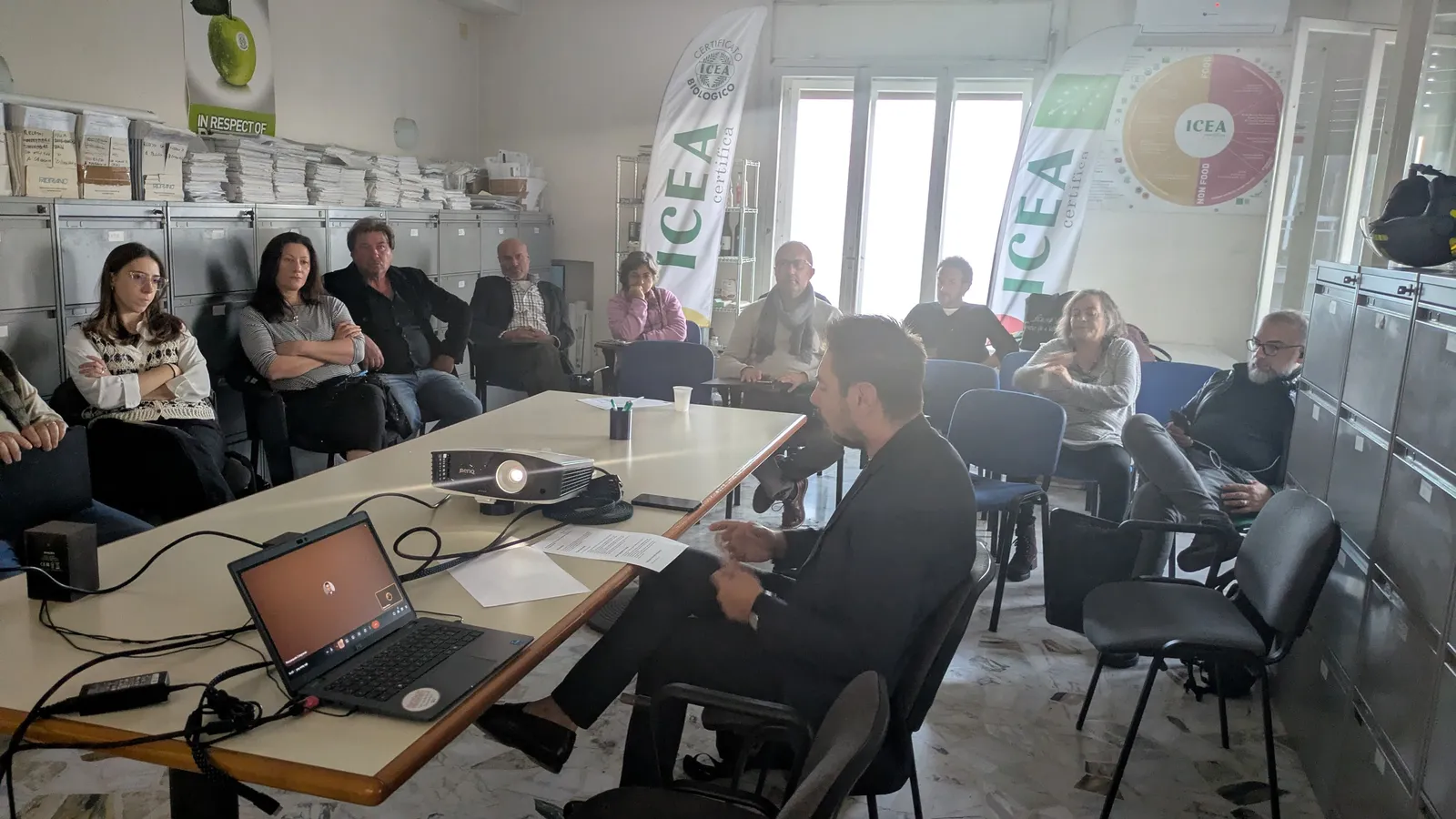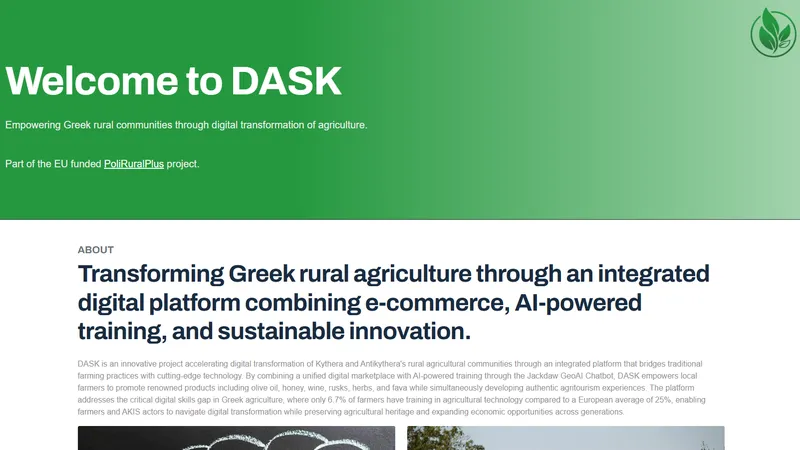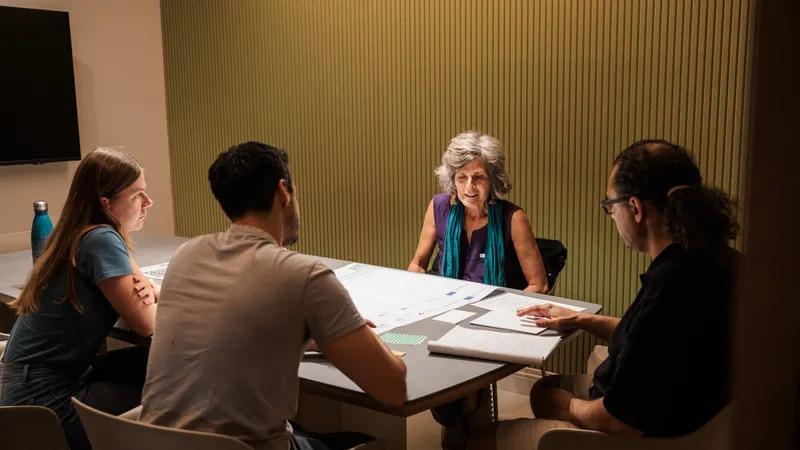The INCO project was presented by the VIRGOLETTERE agency within the PoliRuralPlus Mobilise Open Call programme, which aims to revolutionize the relationship between rural and urban areas through the integration of artificial intelligence (AI), product traceability and environmental sustainability.
The project was developed through an articulated and collaborative process, designed to create effective connections between experts, producers and consumers within an innovative ecosystem.
The main objective was to build a network of knowledge and skills capable of supporting the dissemination and application of artificial intelligence models in the market, through structured planning and targeted communication.
The work was organised into four main phases, each with specific actions and results that contributed to achieving the overall objectives of the project.
The first phase was dedicated to the identification of experts. In this phase, the team collected and analysed a series of case studies related to artificial intelligence models compatible with the project vision. Subsequently, experts and consultants in the sector were contacted, with whom individual meetings were held to present Mobilise, illustrate its purposes and assess its potential impact. This process led to the drafting of a final report including the most relevant case studies and to the collection of partnership letters from specialists interested in collaborating.
The second phase focused on the identification of consumers. An in-depth analysis of market dynamics and purchasing behaviours was carried out, in order to identify consumer profiles most consistent with the project objectives. Based on the results obtained, targeted communication campaigns were developed, based on cross-media and digital strategies. These activities made it possible to directly involve the different targets, promoting awareness and the active participation of potentially interested consumers.
In the third phase, attention shifted to producers. The project was presented to a network of selected stakeholders, with the aim of establishing contacts and creating a database of potential production partners. The interest shown by several organisations led to the signing of letters of intent, laying the foundations for future operational collaborations and thus consolidating the support network around Mobilise.
Finally, the fourth phase concerned the planning of meetings and discussion activities. In this phase, logistical and organisational aspects were defined, such as the choice of venues, the scheduling of presentations and the preparation of communication materials. The organisation of the final meeting represented a fundamental moment of synthesis and sharing, bringing together all the actors involved to discuss the results achieved and outline subsequent development perspectives.
Overall, the project was characterised by a strongly collaborative and systematic approach, which enhanced the skills of the different participants and promoted the creation of synergies between research, production and consumption. The methodology adopted made it possible to structure a coherent and impact-oriented process, laying solid foundations for the implementation phases and for the possible expansion of future activities.


